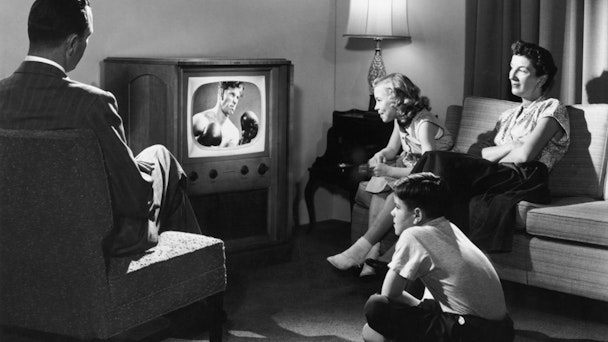Research: despite advancements, demographic targeting will continue to drive TV and video ad buys
Videology, an advanced TV software provider, last week announced findings from a new commissioned research report showing that agencies and brands continue to target advertising campaigns mainly based on age and gender.

tv_age_gender.jpg
Advanced TV advertising enables marketers to segment and target audiences in plenty of ways, but demo targeting still has a place because its scale is so much larger than more refined targeting methods.
“Honing in on specific audience segments or behaviors can obviously bring huge value to many advertisers, but clearly reaching audiences based on age and gender targeting remains important to many others,” said Scott Ferber, Founder and CEO, Videology. “Ironically, as the world of devices and audiences continues to fragment, it’s often necessary to choose a broader targeting criteria, such as age and gender, as a common metric to envelop all of the diverse audience bases that come with varying data segments.”
When asked which methods of targeting are regularly employed to reach consumers on digital video advertising campaigns:
· Agency advertisers said:
o Demo targeting (e.g. age/gender) – 67 percent
o Behavioral-based targeting (e.g. lifestyles, preferences) – 67 percent
o Sales-based targeting (e.g. purchase history) – 42 percent
o Contextual-based targeting (e.g. sports, financial, etc.) – 55 percent
· Brand marketers said:
o Demo targeting (e.g. age/gender) – 55 percent
o Behavioral-based targeting (e.g. lifestyles, preferences) – 59 percent
o Sales-based targeting (e.g. purchase history) – 46 percent
o Contextual-based targeting (e.g. sports, financial, etc.) – 46 percent
When asked about the following statement, 67 percent of agency advertisers and 73 percent of brand marketers agreed:
As more TV content is viewed on digital channels, demo targeting (age/gender) and delivery will remain a key metric for evaluating cross-screen campaigns over the next 3-5 years.
- 63 percent of agency marketers feel behavioral-based targeting is effective in driving business results such as online conversions, store-visits or offline sales.
- 51 percent of agency advertisers feel that combining demo targeting with other targeting methods (such as behavioral or sales-based) is effective in driving these conversions.
- 51 percent of brand marketers said they feel behavioral-based targeting is effective in driving business results such as online conversions, store-visits or offline sales.
- 39 percent of brand marketers said combining demo targeting with other targeting methods (such as behavioral or sales-based) is effective in driving these conversions.
- 45 percent of all survey respondents said they would consider the ability for ad technology to more accurately target audience-specific age/gender demographics for online video campaigns a “valuable advancement.”

